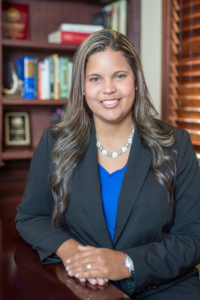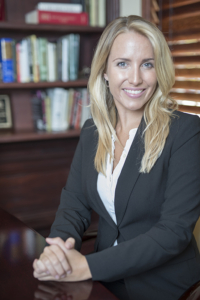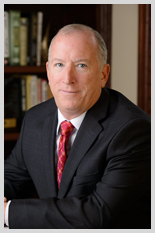Mutual Funds can be expensive
If you own class B or C share mutual funds you may be paying too much
Mutual Fund investing can be tricky. Why? There are multiple share classes to choose from, and they all have different expenses. I would like to touch on two of those share classes in this article because they can be expensive to own. Mutual fund B shares do not have front-end sales charges, but carry a contingent deferred sales charge (CDSC) and have a higher 12b-1 fee than other mutual fund share classes. CDSCs are charges imposed on shareholders who sell their shares in the fund during the surrender period. These CDSCs are not paid to advisors, but to the fund company to cover various costs, including the upfront commissions the fund pays to advisors (often as high as 4%). Investors do not see these upfront commissions charged by funds that are paid to the advisors who offer the fund shares for purchase. The B share mutual fund was a popular share class until the last few years. Many mutual fund families have eliminated this share class for a couple of reasons. For one, there have been numerous lawsuits against brokers who have misrepresented this share class as a no-load mutual fund. Second, the ongoing expenses of owning a B share over time is much higher than buying the typical A-share Front end loaded fund.
Class C share mutual funds have been widely sold by brokers for many years. Class C shares do not impose a sales charge at the date of purchase; however, the internal expenses and 12b-1 fees can be much higher than the class A share or no-load fund. Class C shares typically impose a 1% sales charge if the fund is sold within the first year; however, this is not always the case. 12b-1 fees are the ongoing internal expenses used to pay for marketing or compensation to the broker selling the fund. They do not go away over time on the class C share fund. The typical 12b-1 fee ranges anywhere from .25% to 1% and this is on top of the management fee charged to manage the fund. When you add up all the internal fees the annual expense for this share class can be over 2%. I have seen some class C shares with expenses closer to 3% annually. That’s a number that can take a big chunk out of your overall return over the long term.
Look, I am not saying mutual funds are bad by any means. Mutual funds have a place for many investors’ portfolios. I am saying to do your homework. Look into the expenses of each and every investment you make. If the benefits outweigh the expense then, by all means, invest accordingly. Always make sure you fully understand each and every investment. Sometimes when it sounds too good to be true that is most likely the case. Always consult a trusted financial advisor. Any opinions expressed in this article are that of the authors and should not be considered investment advice for your individual portfolio. Everyone has a unique financial situation and all investments should be made based on your goals and risk tolerance. Before hiring an advisor, make sure you ask how he or she is compensated. If you would like to learn more about this topic or have your portfolio reviewed, please contact Fogel Capital Management 772 223-9686.









Leave a Reply
Want to join the discussion?Feel free to contribute!